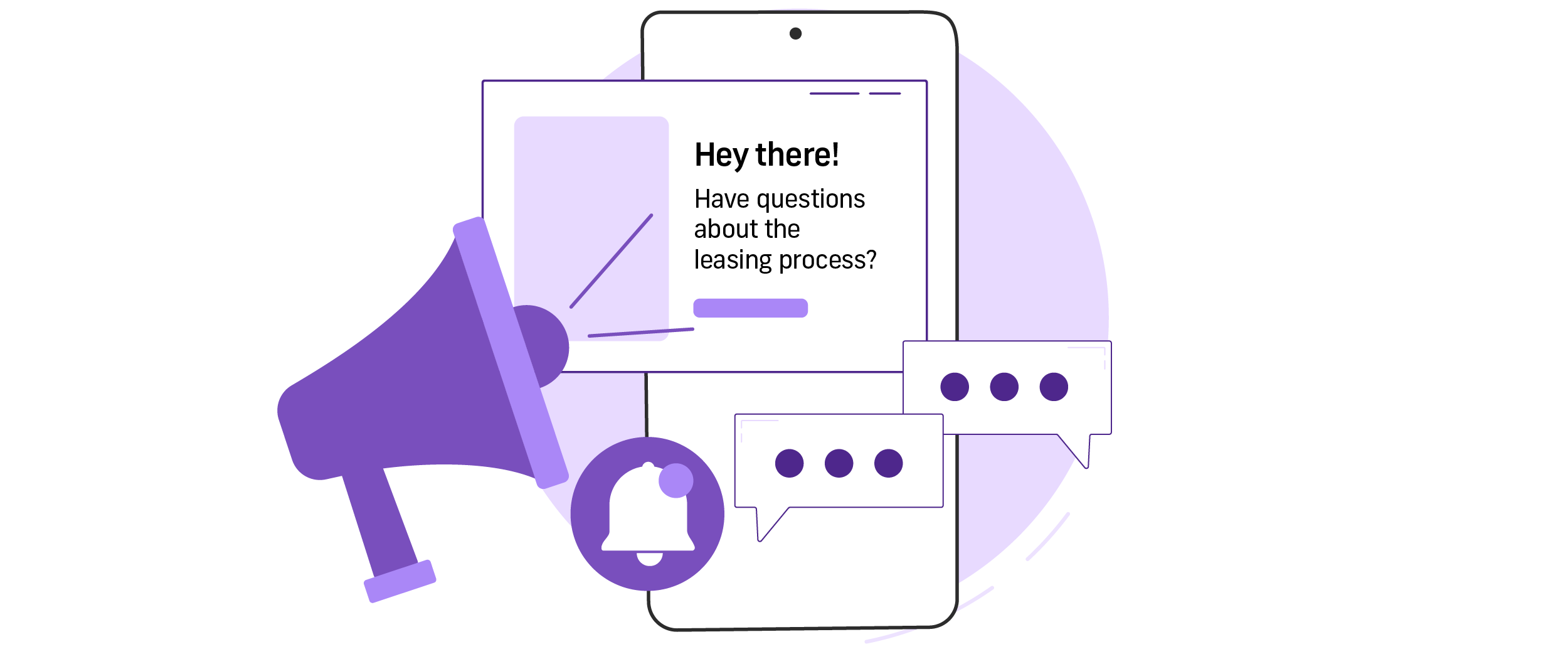
If you’ve ever sprinted a marathon uphill during a heatwave, you know what lead to lease conversion is like in today’s multifamily landscape. Today, leasing leads require the marathon’s endurance, the sprint’s rapid customer response, and the uphill grit of competing with increased supply. But why endure it? The best multifamily marketing and leasing teams put in the grueling effort because they know every lead holds the potential to become a long-term resident in today’s fast-paced world of real estate. Multifamily lead management presents unique challenges and opportunities for lead generation and conversion. This comprehensive guide will explore strategies, techniques, and best practices tailored to the multifamily housing market, equipping you with the tools to succeed.
Unveiling the World of Multifamily Leads
Before unveiling the ins and outs of multifamily lead conversion, it’s crucial to have a foundational understanding of your target audience. This understanding is not just important; it’s the backbone of your entire lead generation strategy. Without it, there is no audience to apply these lease generation tips. Depending on your community’s target audience, multifamily leads encompass diverse individuals and families seeking rental housing, from young professionals to retirees. Each resident has distinct preferences and priorities. Understanding the multifaceted nature of these leads is the first step toward successful conversion. Therefore, lead generation strategies in the multifamily sector start by keeping your audience in mind. This includes prioritizing strategy and messages beyond traditional sales methods to include multifamily unique platforms, social media, referrals, and even partnerships with local businesses.
The Art of Generating Rental Leads
Once you’ve identified your target audience and crafted a compelling message, you must determine how your message will reach said audience to generate the desired apartment rental leads. Effective lead generation in the multifamily sector requires a multifaceted approach. This includes leveraging digital marketing techniques such as search engine optimization (SEO), pay-per-click (PPC) advertising, internet listing services (ILS), and content marketing to help capture the attention of prospective renters online. Other lead-generation tactics include leveraging community events and implementing targeted advertising campaigns that can expand the reach of rental listings and attract high-quality leads.

Sound overwhelming? While there are endless channels through which you can reach your target audience to generate leads, the secret recipe for lead generation is determining where you get the most bang for your buck. How? Track your lead-to-lease conversions. In other words, identify which lead source produces quality over a quantity of leads. Suppose a higher percentage of signed leases come from a particular internet listing. You’ll want to invest more advertising dollars in that listing source before spending on another lead source that produces many leads but fewer leases. Remember, even if a lead source delivers a quantity of leads, it must bring in quality leads for the source to be a worthwhile investment. Determining your ideal spending breakdown requires trial and error alongside lots of data consumption and evaluation. However, once you’ve nailed down your advertising strategy, it’s time to capitalize on the quality leads you’ve collected.
Decoding the Conversion Process in Real Estate
What does conversion mean in real estate? That’s a great question—it depends on the context. Let’s simplify it: Lead conversion is the process or action that turns a lead into a renter. So, a conversion rate would be the percentage of leads who end up signing leases and becoming renters. You’ve probably heard of other conversion rates in multifamily, such as lead-to-tour or lead-to-application. However, today’s blogs discuss the conversion that matters most—the lead to lease conversion.
Converting apartment leads into signed leases involves navigating a series of stages, from initial contact to lease signing. Each stage presents unique challenges and opportunities for engagement and conversion. However, the most crucial factors that can make or break the conversion are effective communication, responsiveness, transparency, and personalized service. Property owners and managers must prioritize and embody these qualities, building trust and rapport with prospective renters throughout the leasing journey.
Multifamily Lead Engagement Strategies
Engaging multifamily leads requires a proactive and personalized approach. Utilizing insights from lead data and analytics can help tailor marketing campaigns and communication strategies to meet the needs and preferences of target demographics. Emphasizing responsiveness and accessibility through multiple communication channels, including phone, email, and text messaging, can enhance the leasing experience and increase conversion rates.
The Importance of Personalized Communication in Lead Engagement
Personalized communication is critical to engaging multifamily leads and building trust and rapport. Address leads by name, tailor marketing messages to their needs and preferences and provide timely and relevant information throughout the leasing process. By demonstrating attentiveness and understanding, property owners and managers can create a positive and memorable experience for prospective renters. It’s difficult to measure, but these small intentional efforts often drive the confidence that prospects need to sign a lease.
In conclusion, converting multifamily leads requires a strategic and customer-centric approach that emphasizes personalized communication, relationship-building, and responsiveness. By understanding the unique dynamics of the multifamily housing market and implementing effective lead generation and conversion strategies, property owners and managers can maximize their leasing potential and achieve long-term success in the competitive multifamily real estate landscape.



